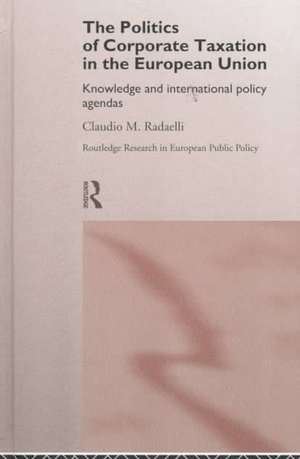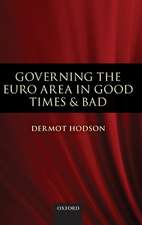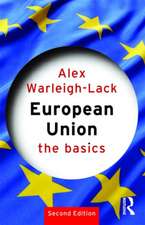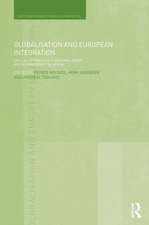The Politics of Corporate Taxation in the European Union: Knowledge and International Policy Agendas: Routledge Research in European Public Policy
Autor Claudio Radaellien Limba Engleză Hardback – 28 aug 1997
Preț: 1001.07 lei
Preț vechi: 1220.81 lei
-18% Nou
Puncte Express: 1502
Preț estimativ în valută:
191.55€ • 200.53$ • 158.50£
191.55€ • 200.53$ • 158.50£
Carte tipărită la comandă
Livrare economică 05-19 aprilie
Preluare comenzi: 021 569.72.76
Specificații
ISBN-13: 9780415149990
ISBN-10: 0415149991
Pagini: 266
Dimensiuni: 138 x 216 x 19 mm
Greutate: 0.48 kg
Ediția:New.
Editura: Taylor & Francis
Colecția Routledge
Seria Routledge Research in European Public Policy
Locul publicării:Oxford, United Kingdom
ISBN-10: 0415149991
Pagini: 266
Dimensiuni: 138 x 216 x 19 mm
Greutate: 0.48 kg
Ediția:New.
Editura: Taylor & Francis
Colecția Routledge
Seria Routledge Research in European Public Policy
Locul publicării:Oxford, United Kingdom
Public țintă
PostgraduateCuprins
Chapter 1 Introduction; Part 1 Theoretical underpinnings; Chapter 2 The role of knowledge in the policy process; Chapter 3 Policy-making in the European Union; Chapter 4 The politics of tax reform; Part 2 Empirical research; Chapter 5 Problem definition in EU direct corporate tax policy; Chapter 6 Corporate direct taxation in the European Union; Chapter 7 Europeanisation and policy change; Chapter 8 International tax complexity; Part 3 Conclusions and perspectives; Chapter 9 Conclusion; Chapter 10 Corporate tax policy development in the EU;
Descriere
This study explores the formation of the European Union's tax policy and asks why member states did not raise objections to it.
































